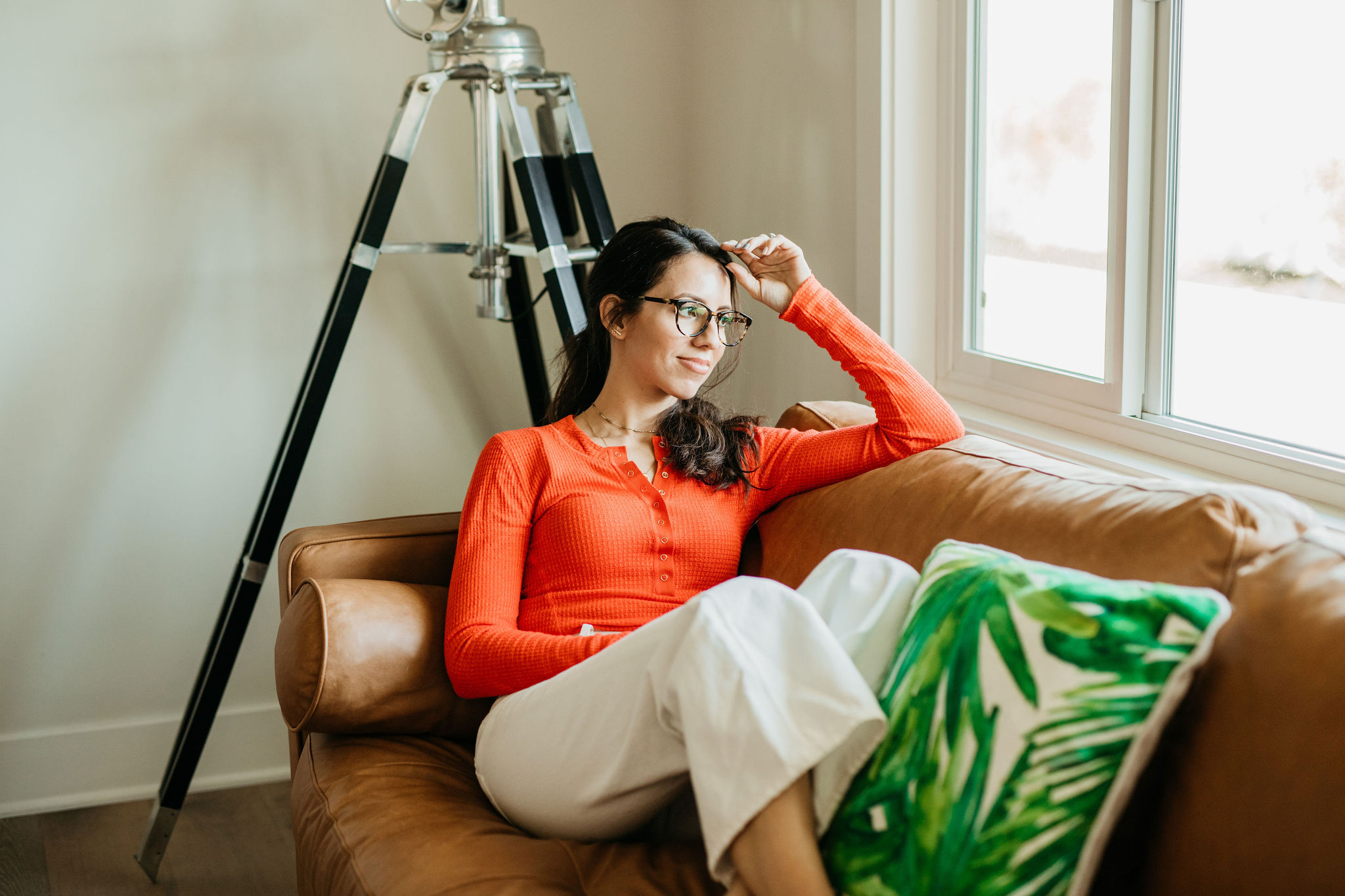It’s that time of year again: Daylight Savings. In case you didn’t know, Daylight Savings can greatly influence your health. And, not always in the most positive ways. Parents… I know you especially know what I’m talking about! It’s in hindsight for us now, but since we’re on the topic… here are some ways to plan ahead and do what you can to support a healthy body during this time of transition.

What is Daylight Savings?
Daylight Savings is the practice of adjusting the clocks according to the season. In the Springtime, clocks are advanced by one hour, essentially “losing an hour.” In the Fall, you set the clocks back by one hour, so that you “gain an hour.” Does anyone else think that the darkness during “fall back” makes that seem counterintuitive?
According to Wikipedia, Daylight Savings was initially proposed by Benjamin Franklin in 1784 as a solution to use less energy. The goal was to use as much daylight as possible, instead of electricity, in an effort to reduce energy use and live more economically. Today, the practice of Daylight Savings is still used in most countries worldwide, including America. But as many of you may know, that’s up for debate as of late!
How Daylight Savings Affects Your Health
While Daylight Savings can have positive impacts on the economy, most view it as an inconvenience. It easily disrupts sleep habits, work schedules, outdoor activities, transit, and more. However, when you take a deeper look, Daylight Savings isn’t only an inconvenience. It can also have negative effects on your health. For example:
- Less Sleep- Our body’s circadian rhythm is largely influenced by light. Practicing Daylight Savings can mess with our biological clocks and negatively affect our sleep.
- Mental Health– A disrupted circadian rhythm leads to lack of sleep. And, lack of sleep can have poor effects on mental health, such as increased levels of depression and anxiety.
- Less Sunlight (fall)– With less sunlight, there is less time to be active outside. As a result, many are cooped up indoors, spending increased amounts of time on digital devices. More so, limited exposure to sunlight affects the body’s production of serotonin and melatonin, further disrupting circadian rhythms.
All that said, we don’t have to be a victim of Daylight Savings. There are ways we can strategically minimize the effects of the time change on our health.
How to Minimize the Effects of Daylight Savings on Your Health
We might not have any control over Daylight Savings, but we do have control over how to support our bodies through it. Use these simple strategies to help your body seamlessly adjust to the time change:
- Stick to a Routine– As best as you can, stick to your normal routine. For example, wake up and go to sleep at the same time. Eat your typical meals and partake in your normal daily activities.
- Chris always says that it seems weird to get home from work when it’s still light outside. It makes him feel like he should find more things to do with his day, despite being super tired.
- Skip the Extra Cups of Coffee- You might be tempted to load up on an extra cup of coffee, but take a word from the wise. Drinking more coffee can lead to further problems later on, such as insomnia, anxiety, or jitters from excess caffeine intake.
- Prioritize Sleep- It might be difficult to maintain the same sleep schedule, but do your best to get at least 7-8 hours per night in the days following Daylight Savings. Practice good sleep hygiene: sleep in a dark, cool room, use a sound machine or ear plugs, and wear an eye mask.
- Spend More Time Outside– Again, exposure to sunlight helps regulate your circadian rhythm. The more time your eyes are exposed to sunlight, the quicker it will adjust to the new time.
Ready or not, Daylight Savings is here. Use these tips to minimize the health effects of Daylight Savings on your body!


